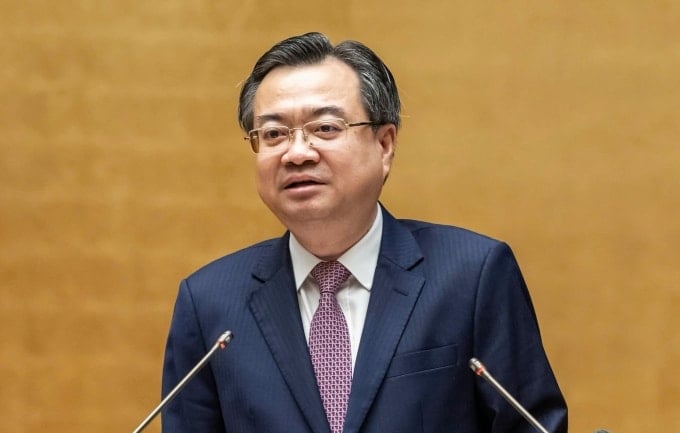
On the morning of September 16, the Politburo and Secretariat held a national conference to disseminate four new resolutions in both in-person and online formats, with more than 1.2 million party members attending.
Comrade Nguyen Thanh Nghi - Head of the Central Policy and Strategy Committee presented the topic of Resolution 70 of the Politburo on ensuring national energy security until 2030, with a vision to 2045. According to him, the Resolution sets out the requirement to firmly ensure energy security - an important part of national security, associated with political stability, economic development, national defense and security and international integration. That is, shifting from the concept of "ensuring supply" to "firmly and proactively ensuring energy security".
Accordingly, Vietnam will promote the direct electricity trading mechanism, and increase customers' rights in accessing and choosing suppliers that suit their needs. This is set in the context of a competitive electricity market that will be developed until 2030, gradually eliminating cross-subsidies between groups of electricity users (production and daily life). Electricity prices will be adjusted according to the State-managed market.
The electricity market is competitive, meaning there are many buyers and sellers. Currently, Vietnam Electricity (EVN) no longer has a monopoly on electricity production, as it only accounts for about 37% of the electricity supply, the rest comes from other energy groups (PVN, TKV) and the private sector. However, EVN is still the sole buyer in the wholesale market, monopolizing the transmission and retail electricity system.
Electricity is being distributed to people and businesses through EVN's power companies. In addition, more than 700 wholesale organizations, with output accounting for nearly 8.6%, in urban areas, apartment buildings, and industrial parks, buy electricity from power companies at preferential prices of the State, then resell to customers in that area.
According to comrade Nguyen Thanh Nghi, economic sectors, especially the private sector, are encouraged to participate in the production, distribution and provision of energy services. The power purchase agreement (PPA) mechanism is being improved towards transparency, stability, long-term, ensuring the rights of investors. The electricity transmission price mechanism is being built to attract the private sector to invest in the grid.
The operator aims to ensure energy security by diversifying sources and technologies, prioritizing renewable energy, LNG, hydrogen and modern nuclear power.
In fact, after 5 years of implementing Resolution 55 of the Politburo , energy has maintained stable growth, but there are still limitations in terms of institutions, management, or cross-subsidization of electricity prices with some customer groups. Meanwhile, the progress of many projects is still slow, which could lead to the risk of power shortages in the upcoming double-digit growth period.
In Resolution 70, the Politburo set a target that by 2030 Vietnam will have a total energy supply of about 150-170 million tons of oil equivalent, a total power capacity of 183-236 GW, and an electricity output of 560-624 billion kWh. The proportion of renewable energy in the total energy supply is about 25-30%. Final energy consumption is 120-130 million tons of oil equivalent.
Speaking at the conference, General Secretary To Lam said the core goal is that the energy system must be safe, stable and have reliable backup, with a minimum backup capacity of 15% by 2030. Along with that, a competitive electricity market mechanism will be built with a roadmap and transparency. This is to provide enough electricity for production and life; shift towards green, realizing the commitment to Net Zero by 2050.
General Secretary To Lam outlined 10 key solutions to develop and ensure national energy security. The General Secretary emphasized balancing supply and demand by region, investing heavily in transmission with the participation of private investors. The electricity sector also needs to develop smart grids and apply storage systems (BESS).
General Secretary To Lam also requested the electricity sector to digitally transform using remote measurement solutions, real-time data, load forecasting using artificial intelligence (AI), and ensuring network security. Capital sources for electricity projects are mobilized from a variety of sources, including public-private partnerships, green bonds, power purchase agreements with risk allocation, and payment based on capacity prices.
According to Resolution 70, wind and solar power are prioritized for development. The General Secretary requested that this type of energy be developed according to "systemic thinking", from competitive bidding, synchronous planning of sources - grid - storage, to fair sharing of connection costs. As of the end of last year, Vietnam's power system had nearly 17,000 MW of solar power (including rooftop and concentrated solar power) and over 5,000 MW of wind power. These sources currently account for about 26% of the total power system capacity.
In addition, the General Secretary mentioned solutions to protect vulnerable populations and ensure electricity for basic industries through targeted, time-limited support packages and transparent compensation sources. "The principle of energy development must be consistent with a socialist-oriented market economy, associated with social equity, social security, national defense, security, and the environment," General Secretary To Lam emphasized.
PV (synthesis)Source: https://baohaiphong.vn/tang-quyen-cua-nguoi-dan-trong-chon-don-vi-cung-cap-dien-520951.html



![[Photo] General Secretary To Lam attends the National Conference to disseminate and implement 4 Resolutions of the Politburo](https://vphoto.vietnam.vn/thumb/1200x675/vietnam/resource/IMAGE/2025/9/16/70c6a8ceb60a4f72a0cacf436c1a6b54)

![[Photo] National conference to disseminate and implement 4 Resolutions of the Politburo](https://vphoto.vietnam.vn/thumb/1200x675/vietnam/resource/IMAGE/2025/9/16/5996b8d8466e41558c7abaa7a749f0e6)
![[Photo] Prime Minister Pham Minh Chinh attends the closing ceremony of the exhibition of national achievements "80 years of the journey of Independence - Freedom - Happiness"](https://vphoto.vietnam.vn/thumb/1200x675/vietnam/resource/IMAGE/2025/9/15/a1615e5ee94c49189837fdf1843cfd11)

![[Photo] General Secretary To Lam receives Assistant to the President of Russia, Chairman of the Federal Maritime Council of Russia Nicolai Patrushev](https://vphoto.vietnam.vn/thumb/1200x675/vietnam/resource/IMAGE/2025/9/16/813bd944b92d4b14b04b6f9e2ef4109b)










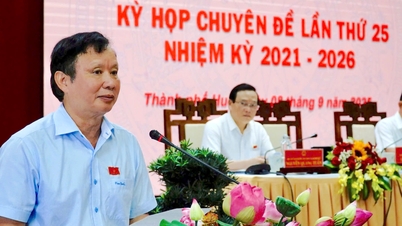


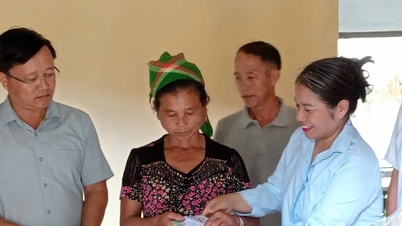


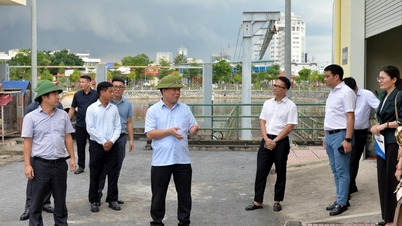

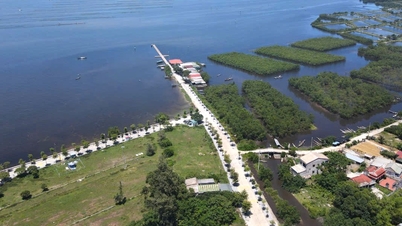









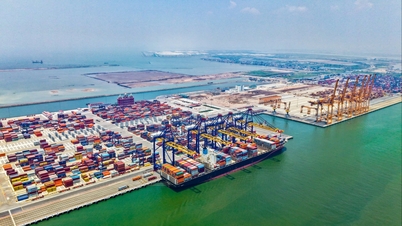






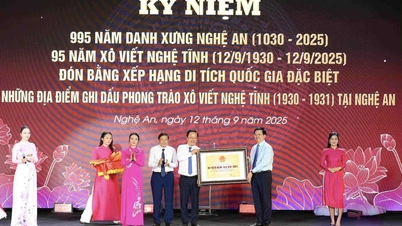

















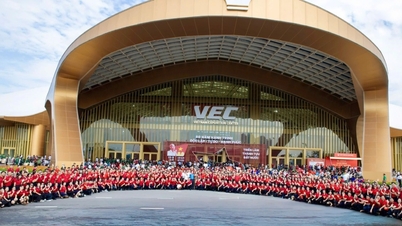





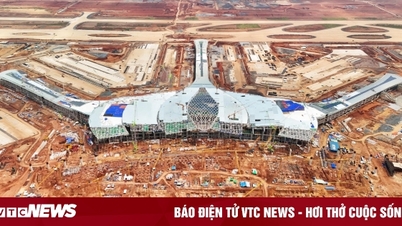


















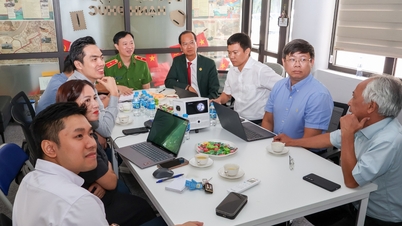














Comment (0)